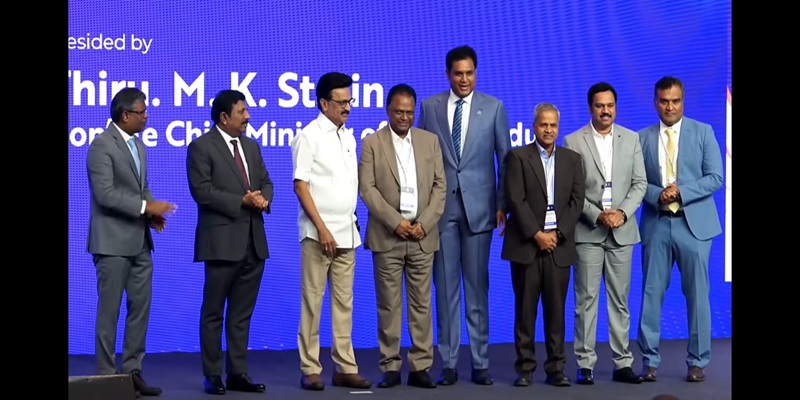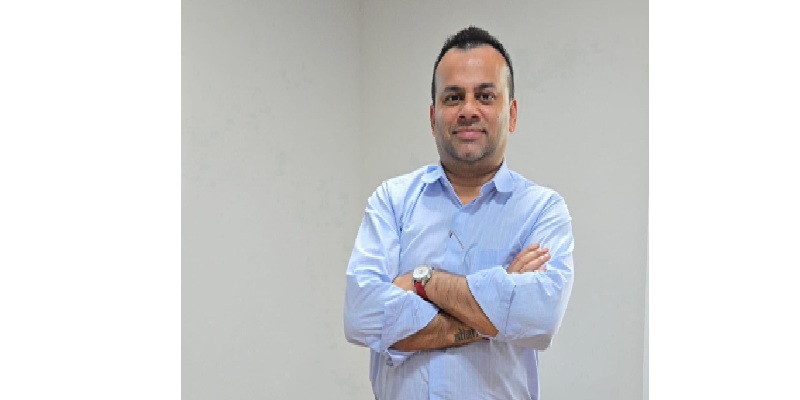Schedule a Call Back
Hyundai unveils AI-driven factory, provides custom cars in six hours
 Industry News
Industry News- Nov 24,23
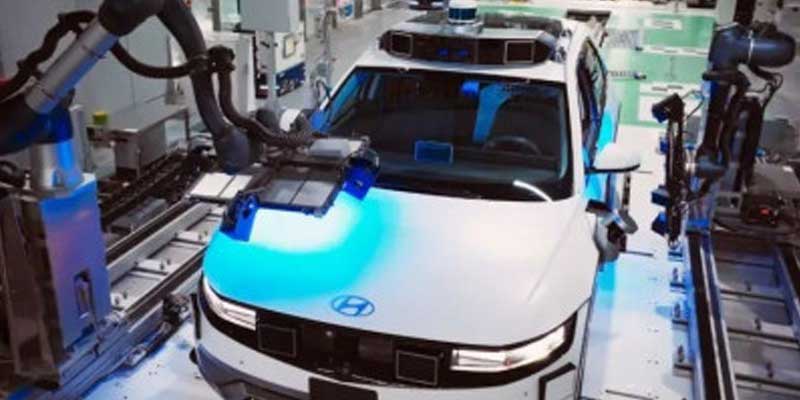
Hyundai has streamlined its car manufacturing process to a remarkable six hours from order to delivery, utilising minimally staffed factories driven by artificial intelligence (AI) and robotic workforce. The cutting-edge approach, inaugurated at the Hyundai Innovation Centre in Singapore and currently dedicated to crafting the Hyundai Ioniq 5, marks a shift towards personalised customer experiences and an upscale brand image.
These innovative electric car factories, strategically located in urban markets, showcase the fusion of AI-led operations and human oversight. The production line can concurrently manufacture multiple models, all within a framework that emphasises customer engagement. Alpesh Patel, the factory's director, emphasises that this facility transcends the conventional notion of a factory; it serves as a comprehensive "customer experience centre."
The process commences in the 'Ioniq Lounge,' where customers design and order their customised Hyundai. Subsequently, they enter a virtual reality suite to witness a simulated creation of their vehicle, followed by a revelation of the actual factory floor and the in-progress car. A visit to the on-site restaurant features food sourced from Hyundai's autonomously managed Smart Farm. The experience culminates with a roof test track demonstration and the autonomous delivery of the finished car to the foyer.
A key aspect of this avant-garde system is the integration of AI in both day-to-day operations and long-term planning. The goal, according to Patel, is to evolve into an autonomous entity by 2027, with humans providing confirmation rather than reactive input. The factory's flexible production method, combined with AI-driven robots, allows it to function with only 29 technicians during an eight-hour shift while producing 70 cars daily. Patel acknowledges the shift in job dynamics, with lower-skilled positions being replaced but emphasises the focus on up skilling workers for AI-assisted technical roles.
It's worth noting that this sophisticated, technology-driven model is not expected to be replicated in more traditional facilities like the Ulsan plant in Korea, where a substantial workforce of 34,000 currently produces 5,600 vehicles daily.
Source: Autocar India
Related Stories

HD Hyundai appoints Chung Kisun as Chairman to drive next phase of global growth
This appointment reflects the company's determination to pioneer a new era under strong leadership amid an increasingly competitive and diversified global business environment.
Read more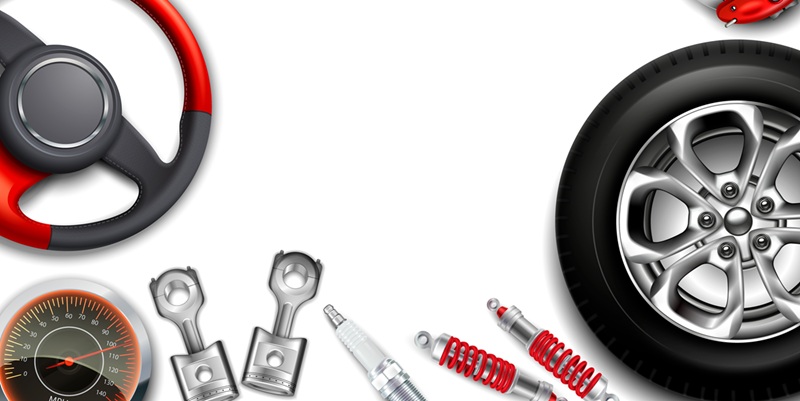
US tariff puts Indian auto components, tyre exporters on edge
A 25 per cent US tariff on Indian imports strains tyre and auto component exports, while domestic sales in June 2025 show mixed trends across passenger, commercial, and two-wheeler segments.
Read more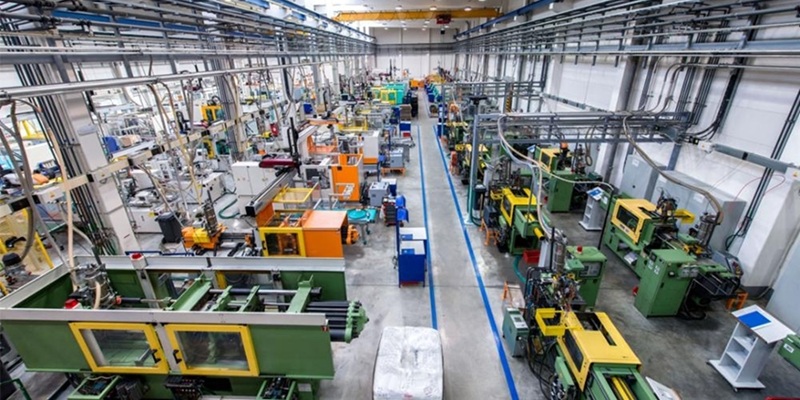
How MNCs are strategising to capture market in India
Today, the Indian MNC scene is changing vastly, with many new ones setting up shop in India. With China becoming less attractive, India is becoming the go to place, writes R Jayaraman and Firoz S Ri..
Read moreRelated Products

Automotive Oil Pump
Kalpak Auto Pvt Ltd offers a wide range of
automotive oil pump.
Tata Motors unveils facilities for development of Hydrogen propulsion tech
Tata Motors, India?s largest automobile company, unveiled two state-of-the-art & new-age R&D facilities for meeting its mission of offering sustainable mobility solutions. The unveilings constitute of Read more
Tata Motors plans petrol powertrain for Harrier and Safari SUVs
Tata Motors is in the process of developing a new petrol powertrain for its premium sports utility vehicles, the Harrier and Safari, as confirmed by a senior company official. Currently, these models Read more






